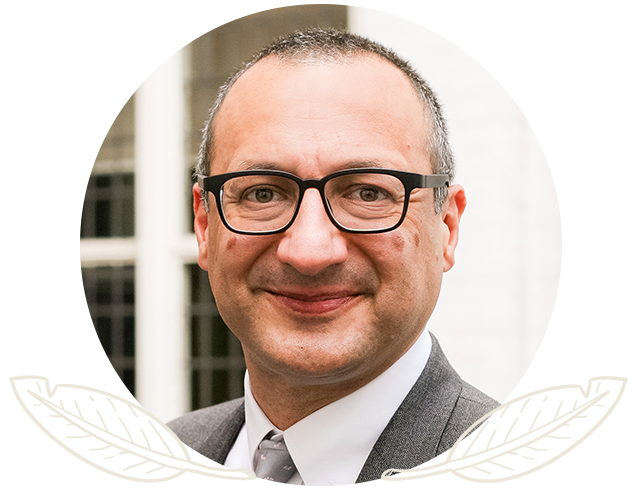Future Talent Conference 2021: Foreword
Jim Carrick-Birtwell
We live in an age of complexity. Which means that, while we may perceive patterns, they don't repeat themselves regularly. It also means that very small things can make disproportionate impacts, and that expertise often can't keep up because the system keeps changing so fast. In other words, the world has become inherently more difficult t predict, and our capacity to forecast with any degree of accuracy has become alarmingly short.
We live in an age of complexity. Which means that, while we may perceive patterns, they don't repeat themselves regularly. It also means that very small things can make disproportionate impacts, and that expertise often can't keep up because the system keeps changing so fast. In other words, the world has become inherently more difficult t predict, and our capacity to forecast with any degree of accuracy has become alarmingly short.We live in an age of complexity. Which means that, while we may perceive patterns, they don't repeat themselves regularly. It also means that very small things can make disproportionate impacts, and that expertise often can't keep up because the system keeps changing so fast. In other words, the world has become inherently more difficult t predict, and our capacity to forecast with any degree of accuracy has become alarmingly short.
We live in an age of complexity. Which means that, while we may perceive patterns, they don't repeat themselves regularly. It also means that very small things can make disproportionate impacts, and that expertise often can't keep up because the system keeps changing so fast. In other words, the world has become inherently more difficult t predict, and our capacity to forecast with any degree of accuracy has become alarmingly short.

In disruptive times, leaders
need the ability and confidence to see change not as a threat but as an exciting opportunity – and that’s what this programme is all about.
What our speakers have said about Future Talent Conference
In disruptive times, leaders
need the ability and confidence to see change not as a threat but as an exciting opportunity – and that’s what this programme is all about.
Walter Wallich, Vice President HR, Northern, Central & Eastern Europe, GfK
In disruptive times, leaders
need the ability and confidence to see change not as a threat but as an exciting opportunity – and that’s what this programme is all about.
Walter Wallich, Vice President HR, Northern, Central & Eastern Europe, GfK
In disruptive times, leaders
need the ability and confidence to see change not as a threat but as an exciting opportunity – and that’s what this programme is all about.
Walter Wallich, Vice President HR, Northern, Central & Eastern Europe, GfK

